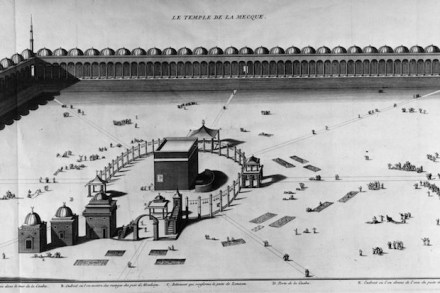Say no to devolution without democracy
Imagine if, in one of her first acts as First Minister of Scotland, Nicola Sturgeon announced that, in spite of the result of September’s independence vote, Scotland was to declare independence anyway, on the basis that opinion polls now showed a majority of people in favour of independence and therefore there was no need for




















